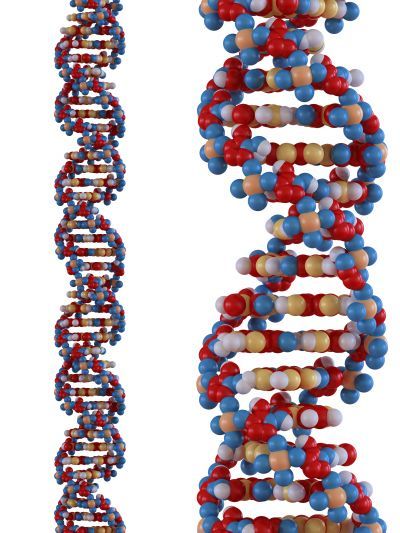DNA sweep finds new genes linked to diabetes

Your support helps us to tell the story
From reproductive rights to climate change to Big Tech, The Independent is on the ground when the story is developing. Whether it's investigating the financials of Elon Musk's pro-Trump PAC or producing our latest documentary, 'The A Word', which shines a light on the American women fighting for reproductive rights, we know how important it is to parse out the facts from the messaging.
At such a critical moment in US history, we need reporters on the ground. Your donation allows us to keep sending journalists to speak to both sides of the story.
The Independent is trusted by Americans across the entire political spectrum. And unlike many other quality news outlets, we choose not to lock Americans out of our reporting and analysis with paywalls. We believe quality journalism should be available to everyone, paid for by those who can afford it.
Your support makes all the difference.Hundreds of scientists sifting through genetic data from 122,000 people have quintupled the number of gene variants known to boost the risk of diabetes, a pair of studies released Sunday reported.
A consortium of researchers first isolated 10 gene mutations that help determine the body's ability to regulate blood sugar and insulin levels, the key factors underlying type 2 diabetes.
In a companion study, the same consortium - pooling the resources of more than 100 institutions in Europe, the United States, Canada and Australia - determined that two of these newly-identified variants directly influenced the risk of diabetes.
It also fingered an additional three genetic culprits that had already been linked to changes in glucose levels.
"Only four gene variants had previously been associated with glucose metabolism, and just one of them was known to affect type 2 diabetes," said Jose Florez, a researcher at Massachusetts General Hospital and co-lead author of one of the studies.
"Finding these new pathways can help us better understand how glucose is regulated, distinguish between normal and pathological glucose variations, and develop potential new therapies," he said in a statement.
One gene in particular, known as GIPR-A, was found to play a prominent role.
Usually, GIPR-A produces a protein that is part of the normal hormone response to eating, stimulating the release of insulin to control sugar levels in the blood.
The mutated version, however, impairs this response, resulted in elevated glucose.
Diabetes occurs when our bodies fail to produce sufficient insulin or when our cells fail to recognise and react to the insulin produced, resulting in abnormally high blood sugar levels.
The MAGIC - Meta-Analysis of Glucose and Insulin-related traits Consortium - investigators noted that other genetic factors related to diabetes remain to be found.
"We've still only identified about 10 percent of the genetic contribution to glucose levels in nondiabetic individuals, so we need to investigate the impact of other possibly more complex or rare forms of gene variation, along with the role of gene-environment interaction, in causing type 2 diabetes," said Florez.
Diabetes is closely linked to lifestyle, especially the kinds and quantity of food we consume.
More than 220 million people worldwide are afflicted with the disease, which kills more than one million people every year, according to the World Health Organization (WHO).
As obesity rates increase, the number of deaths could double between 2005 and 2020, the WHO has said.
Both studies were published online in the journal Nature Genetics.
mh/gk
Join our commenting forum
Join thought-provoking conversations, follow other Independent readers and see their replies
Comments